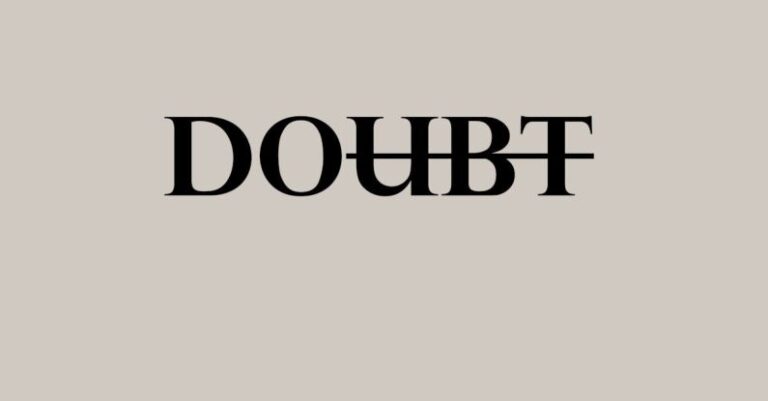
Setting goals is a vital aspect of personal and professional growth. It helps individuals define their objectives and outlines the steps needed to achieve them. However, despite the best intentions, many people often fall into common goal-setting pitfalls that hinder their progress. Recognizing these pitfalls is crucial in order to overcome them and stay on track towards success.
Setting Unrealistic Goals
One of the most common pitfalls in goal-setting is establishing unrealistic goals. While it’s important to aim high and challenge oneself, setting objectives that are too far out of reach can lead to frustration and demotivation. Unrealistic goals can create a sense of failure, making individuals doubt their abilities and eventually give up on their aspirations. To avoid this pitfall, it’s essential to set SMART goals – Specific, Measurable, Achievable, Relevant, and Time-bound. By adhering to this framework, individuals can ensure that their goals are both challenging and attainable.
Lack of Clarity and Specificity
Another pitfall that many people encounter is a lack of clarity and specificity in their goal-setting process. Vague goals such as “I want to be successful” or “I want to lose weight” lack the necessary details to guide individuals towards accomplishment. Without a clear understanding of what success or weight loss entails, it becomes challenging to create a roadmap for achieving these objectives. To overcome this pitfall, it’s crucial to be specific when setting goals. Define exactly what success means to you and break down larger objectives into smaller, actionable steps.
Neglecting to Set a Timeline
Setting goals without a timeline is a recipe for procrastination and complacency. Without a sense of urgency or a deadline, individuals may lack the motivation to work towards their objectives consistently. Additionally, without a timeline, it’s difficult to track progress and make necessary adjustments along the way. To avoid this pitfall, always include a timeline when setting goals. Establishing deadlines for each milestone ensures that progress is measurable and keeps individuals accountable for their actions.
Focusing Solely on the Outcome
Many individuals fall into the trap of solely focusing on the end result, overlooking the process required to achieve their goals. While the outcome is important, it’s the journey towards success that shapes individuals and builds resilience. By fixating solely on the end goal, individuals may miss out on valuable learning experiences and personal growth opportunities. To avoid this pitfall, it’s essential to appreciate the process and celebrate small victories along the way. Acknowledge the effort put into each step, rather than solely measuring success by the final outcome.
Failure to Adjust and Adapt
Flexibility is key when it comes to goal-setting. Oftentimes, individuals set rigid goals without considering external factors or unforeseen circumstances that may impact their progress. Failure to adjust and adapt to changing situations can lead to frustration and a sense of defeat. To overcome this pitfall, it’s important to be open to change and willing to modify goals as needed. Evaluate progress regularly and make adjustments based on feedback and new information. Adaptability is essential for long-term success.
Conclusion: Embracing Growth Through Goal-Setting
Setting goals is a powerful tool for personal and professional development, but it’s essential to be mindful of common pitfalls that can hinder progress. By setting realistic, specific, and time-bound goals, individuals can create a roadmap for success. Embracing the journey, staying flexible, and learning from setbacks are all crucial aspects of effective goal-setting. By recognizing and overcoming these common pitfalls, individuals can unlock their full potential and achieve their aspirations.





